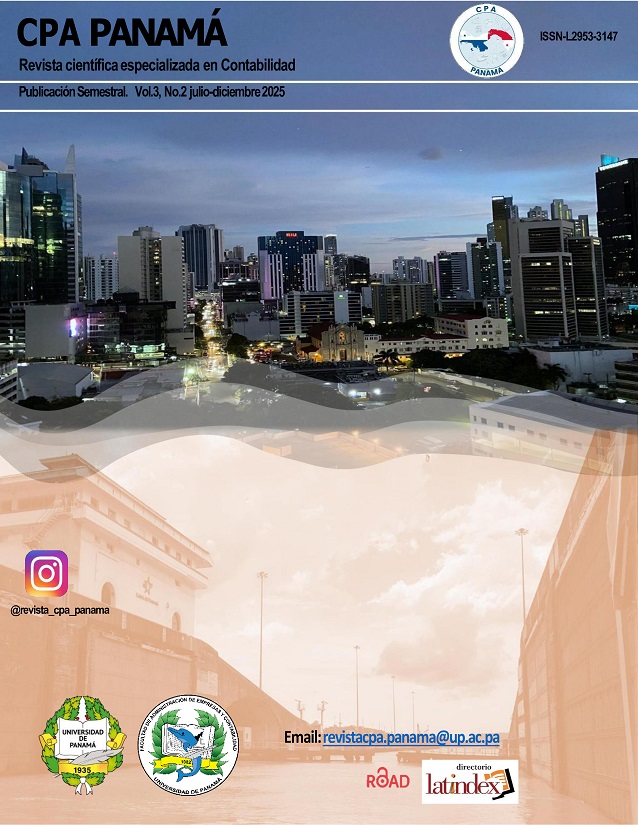

Copyright (c) 2025 CPA Panamá

This work is licensed under a Creative Commons Attribution-NonCommercial-ShareAlike 4.0 International License.
This article aims to investigate the function and use of accounting as a contribution to progress in business sustainability. It is based on the premise that accounting refers to the ability of organizations to operate in a balanced manner, considering economic aspects and their social and environmental impact, without ignoring the long-term impact. This topic is approached from the primary perspective of environmental accounting, considered an integrative element between socioeconomic impacts and financial activity as it measures the perceptible effects in the market, adding general consequences on well-being observed in the long- term, connecting both points with the chronicle of environmental accounting. Through a case study, Sustineri Seafood Corp, a Panamanian company dedicated to the export of live lobsters, the link between accounting and the development of business activities is analyzed. This system facilitates the integration of sustainable practices in business operations, aligning with the Sustainable Development Goals established by the United Nations in 2015 as part of the 2030 agenda and local and international regulations linked to ESG Indicators. The study highlights the accounting tools used to measure and manage social, environmental and economic impacts, as well as the challenges and opportunities this company faces in implementing certain practices. It is concluded that environmental accounting is an effective accounting tool and, at the same time, a strategic tool for making sustainable decisions in the company's activities.